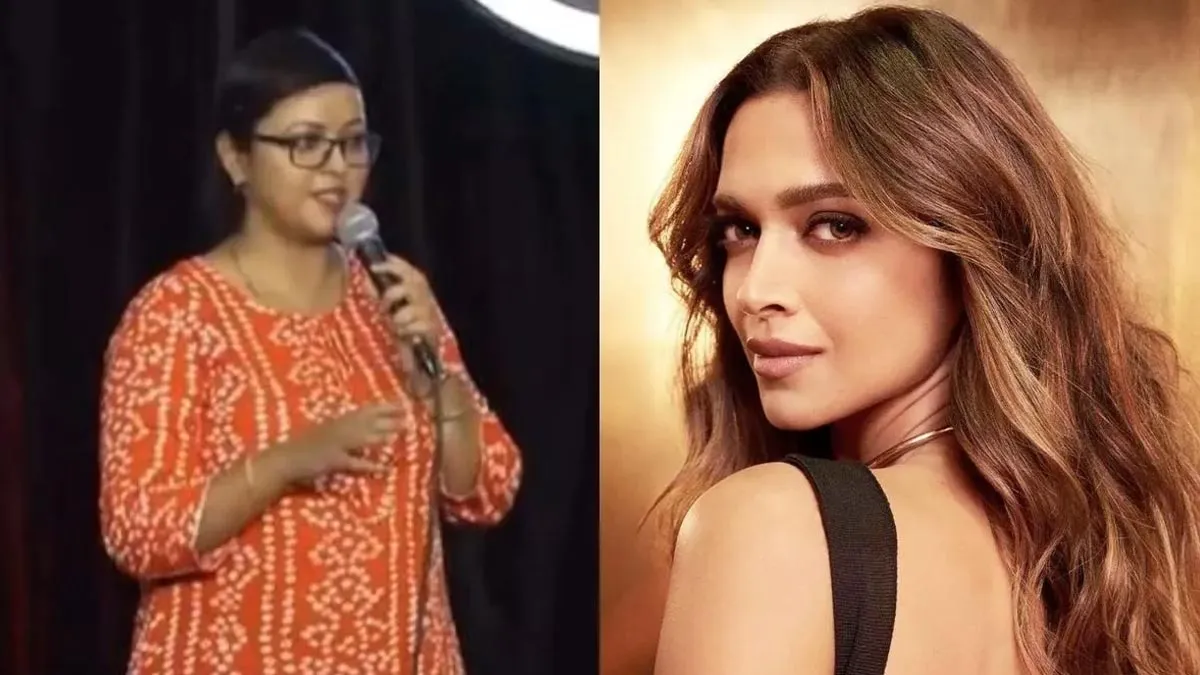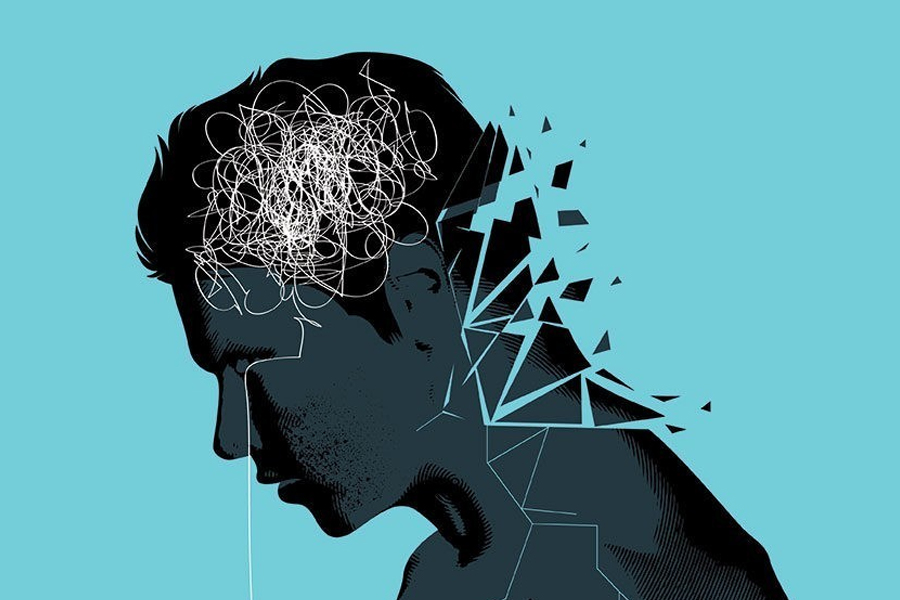
The recent controversy surrounding India’s Got Latent, a popular YouTube show hosted by Samay Raina, has once again sparked a conversation about the sensitive issue of mental health in India. During the tenth episode of the show, which aired recently, aspiring stand-up comedian Bunty Banerjee made a joke about Bollywood actress Deepika Padukone’s well-known battle with depression. This controversial moment has since gone viral, raising important questions about the treatment of mental health issues in the country.
Table of Content:-
A Joke That Crossed The Line
Bunty Banerjee, a comedian from a Bihari-Bengali background, delivered a performance in which she referenced Deepika Padukone’s journey into motherhood, as well as her public struggles with depression. While discussing her own experience as a sleep-deprived mother, Banerjee made a comment about the actress: “Deepika Padukone also became a mother recently, right? Great. Now she knows what depression really looks like.” The remark was followed by laughter from the judges and the audience, including comedian Tanmay Bhat and producer-actor Raghu Ram, who were seated on the panel.
Banerjee later attempted to clarify her comment by stating that she was not mocking Padukone’s depression stemming from her past relationships. Instead, she explained that she was referring to the exhaustion new mothers often feel when their sleep is disturbed by their children. However, the damage was done, and the clip quickly went viral, garnering nearly two million views on X (formerly Twitter).
a contestant on India's got latent trolled #DeepikaPadukone for her fake sob story which she created to defame her ex. pic.twitter.com/E2v0FxM8b2
— V🐧 (@V_for___) November 17, 2024
Social Media Outrage and Reactions
The response on social media was swift, with many criticizing both the comedian and the show for making light of mental health issues. Viewers took to Twitter and other platforms to voice their disapproval, pointing out that jokes about depression trivialize the struggles of those dealing with it. One user wrote, “I think these women make it difficult for all women by underplaying everything we go through for male validation—our reproductive health, childbirth, breakups, mental health in general, post-partum depression, pressures of being a new mom.”
Also Read: Delhi Air Quality Worsens: DU Colleges Shut, Classes Go Online Amid Toxic Air Crisis
Raina, attempting to defuse the situation, responded to the backlash by asking people to direct their outrage at the YouTube comments section rather than Twitter, even joking about earning ad revenue from the controversy. While his comment was likely made in jest, it added fuel to the fire, as it appeared to downplay the seriousness of the issue at hand.

Deepika Padukone’s Advocacy for Mental Health
The controversy surrounding the joke is particularly sensitive given that Deepika Padukone has been an outspoken advocate for mental health in India. The actress, who has openly discussed her own struggles with depression, founded *The Live Love Laugh Foundation* to provide resources and support for individuals suffering from mental health issues such as anxiety, depression, and stress. By making light of her very real battle with depression, Banerjee’s comment was seen by many as disrespectful, undermining the significant work Padukone has done to raise awareness and reduce the stigma surrounding mental health in the country.
Also Read: Narayana Murthy Critiques 5-Day Workweek: What It Means for Productivity and Mental Health
Padukone’s personal experience with depression, along with her public advocacy, has had a major impact on changing perceptions of mental health in India. For years, mental health has been a taboo topic in many parts of the country, with societal norms often dismissing or downplaying the severity of mental health issues. Celebrities like Padukone have played a pivotal role in changing this narrative, encouraging open conversations about mental well-being.
Dismissal of Mental Health in India
Banerjee’s comments highlight a broader issue in India: the dismissal and trivialization of mental health struggles, particularly in the entertainment industry. In a culture where mental health problems are often seen as a sign of weakness or a personal failing, such jokes perpetuate harmful stereotypes and discourage people from seeking help.
The response to the joke reveals a troubling pattern in Indian society, where mental health is still largely misunderstood. While progress has been made in recent years, there remains a significant gap in how mental health issues are treated compared to physical health. This gap is particularly evident in media portrayals, where mental health struggles are frequently used as fodder for humour or sensationalism.
Moving Forward: Sensitivity and Accountability
The incident on India’s Got Latent serves as a reminder of the importance of sensitivity when addressing serious issues like depression. While comedy has always been a space for pushing boundaries and exploring difficult topics, it is crucial that those in the public eye take responsibility for the impact their words may have on others. Mental health is a deeply personal and complex issue, and making light of it can cause harm to those who are already struggling.
As the discussion around this controversy continues, it is essential for both comedians and audiences to recognize the need for empathy and respect when addressing topics like depression. By holding individuals and platforms accountable, society can move toward a more inclusive and supportive environment where mental health is treated with the seriousness it deserves.
In the end, the incident with India’s Got Latent should not be dismissed as just another controversy. Instead, it can be seen as an opportunity for reflection and growth, both in terms of how we talk about mental health and how we support those who are struggling with it.
How we keep this article up to date:
We work with experts and keep a close eye on the latest in health and wellness. Whenever there is a new research or helpful information, we update our articles with accurate and useful advice.
Current Version